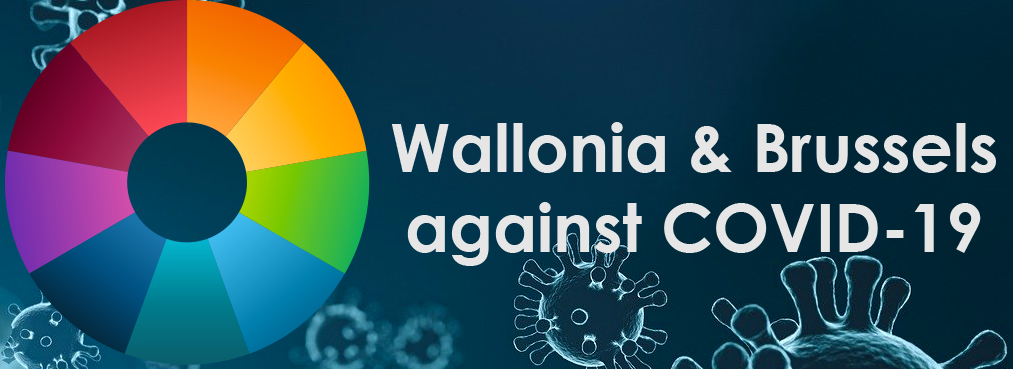Adélaïde de Heering, Post-doctoral Fellow
ULB
Sphère publique, sphère privée : Impact du port du masque sur la reconnaissance des personnes et de l'expression émotionnelle de leur visage. " Le déconfinement approche. Bientôt la population belge sillonnera à nouveau les rues, les transports et l'ensemble de l'espace public mais munie de masques. Quels retentissements sur la capacité des personnes à en reconnaître d'autres sur base de leur visage et à en extraire l'expression émotionnelle ? Sera-t-on toujours capable de juger, de manière efficace, de l'intention d'autrui à notre égard même si cette dernière porte un masque ? A tous les âges ? Ou, au contraire, a-t-on raison d'avoir la suspicion que le port du masque pourrait nous empêcher de reconnaître quelqu'un sur base de son visage et d'en lire les émotions de manière efficace ? "
Publication References: de Heering, A., & Rossion, B. (2008). Prolonged Visual Experience in Adulthood Modulates Holistic Face Perception. PlosOne, 3(5): e2317. de Heering, A., &...


